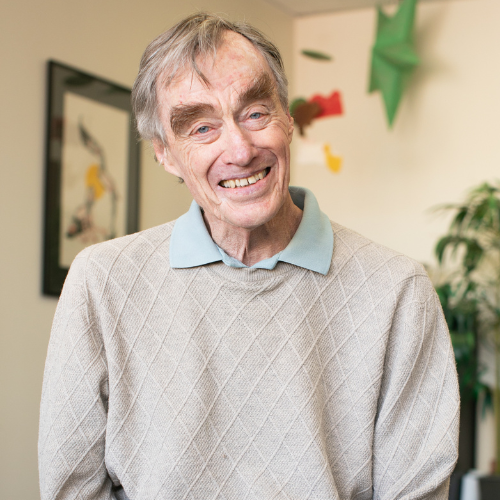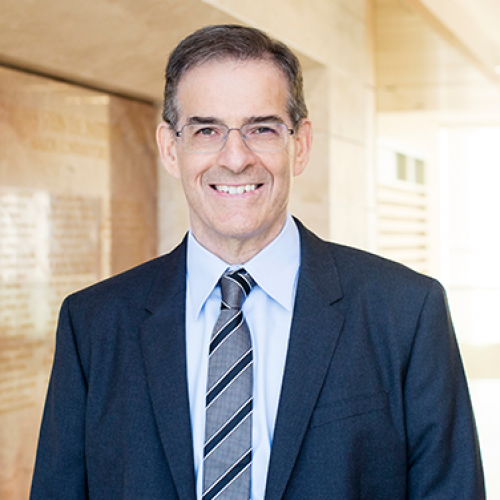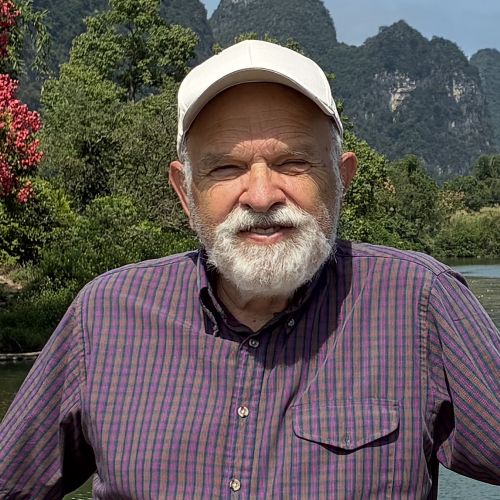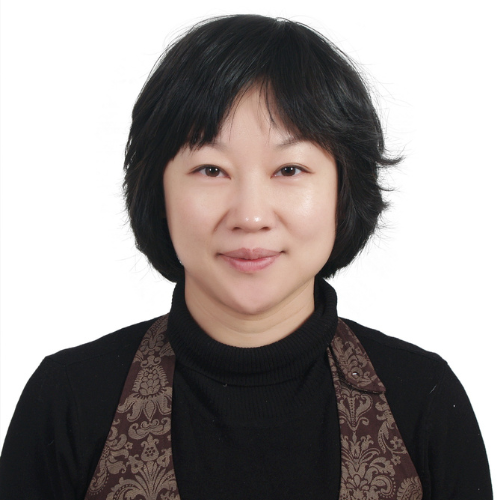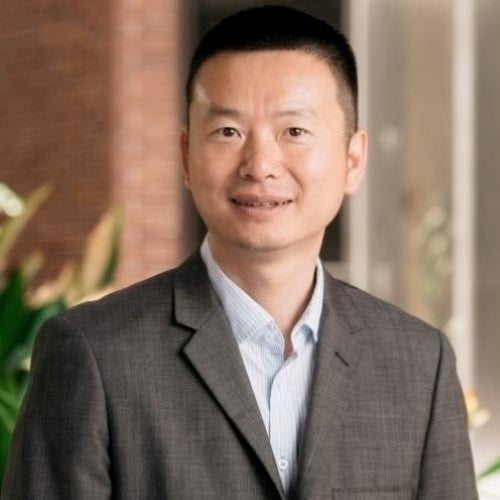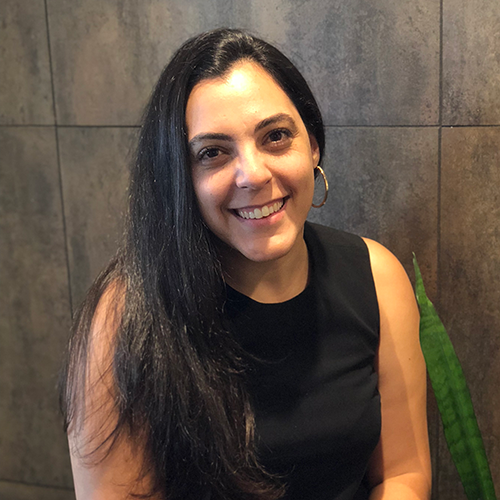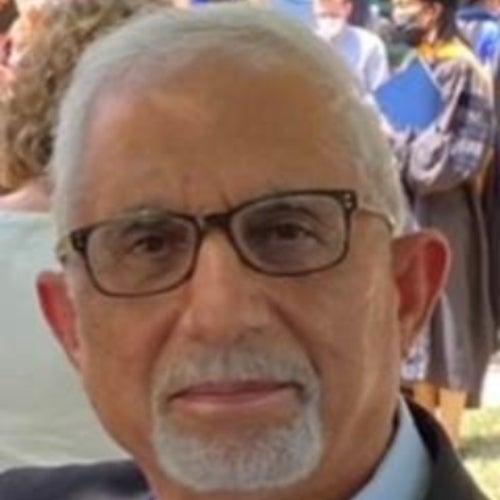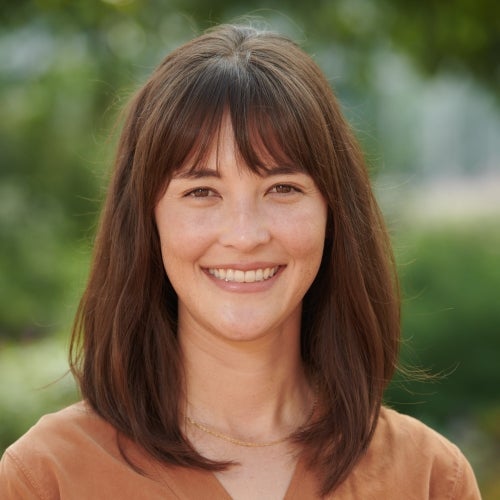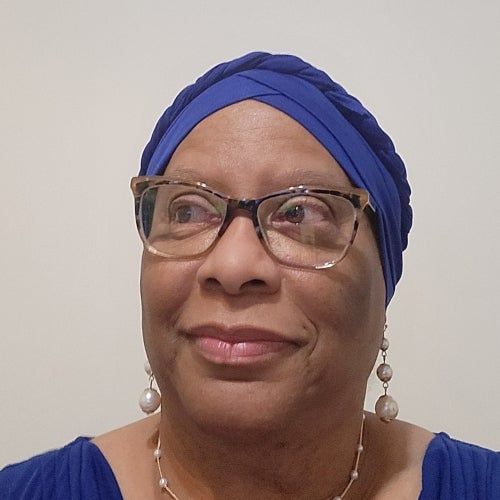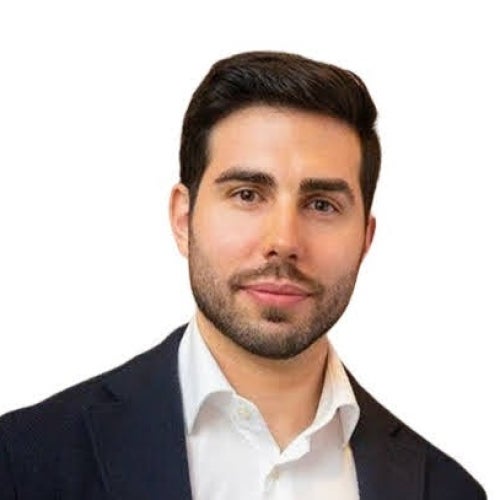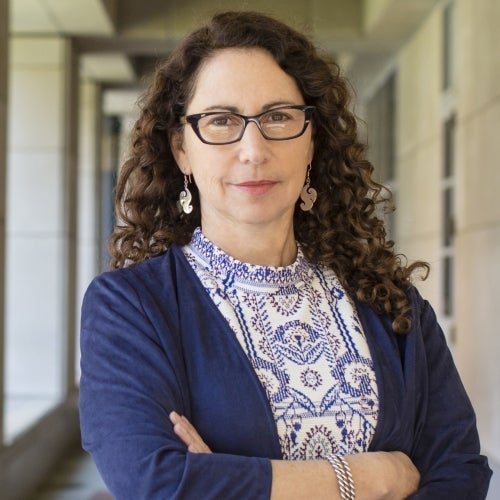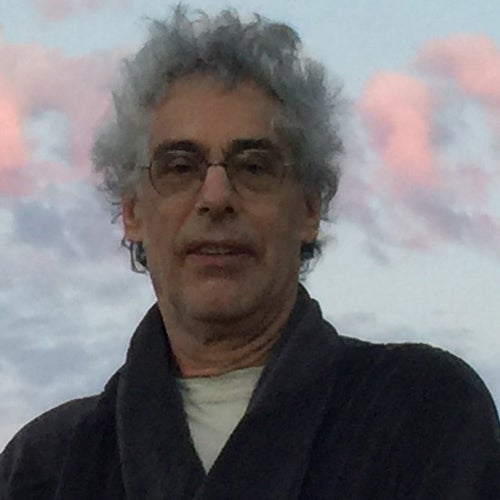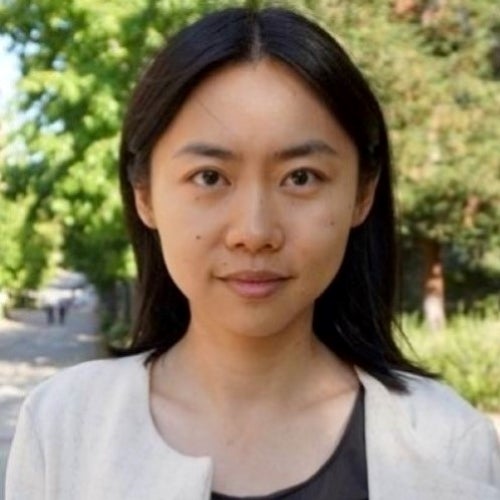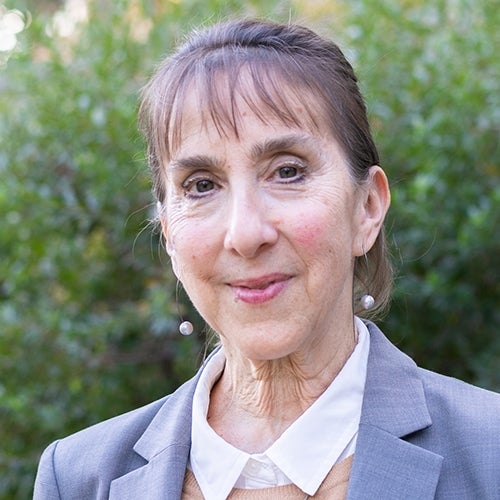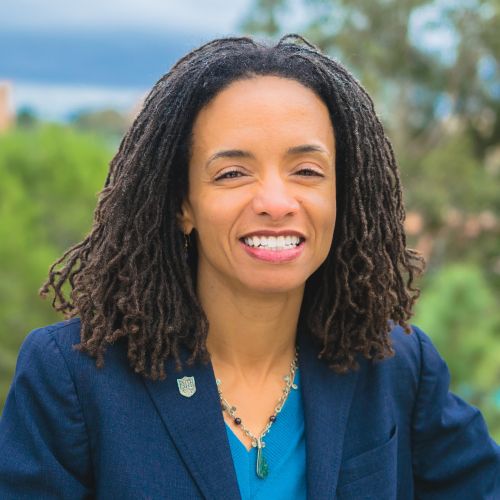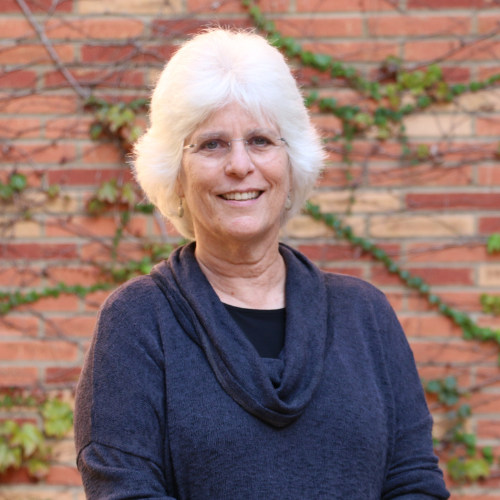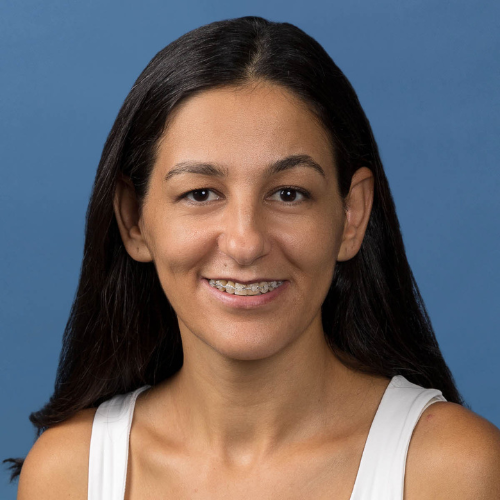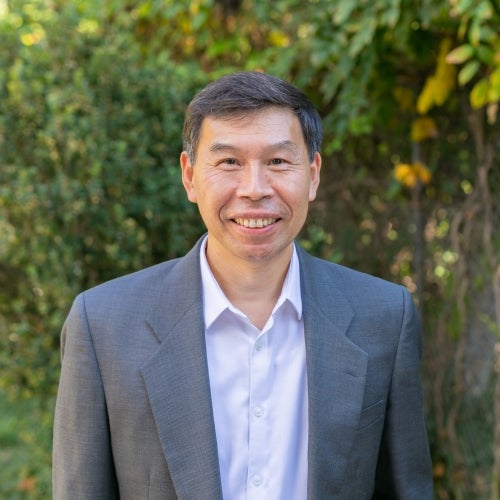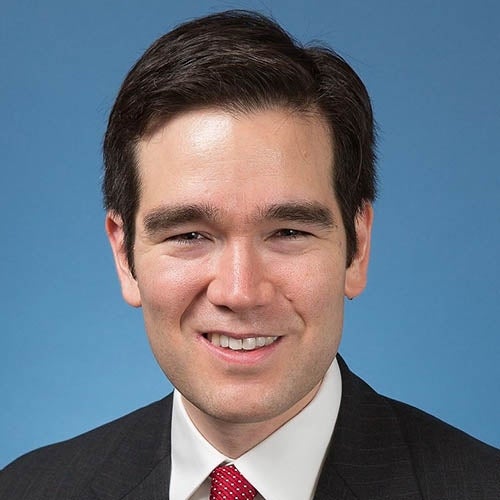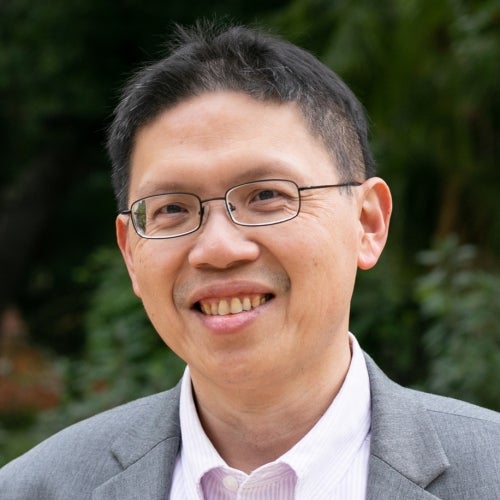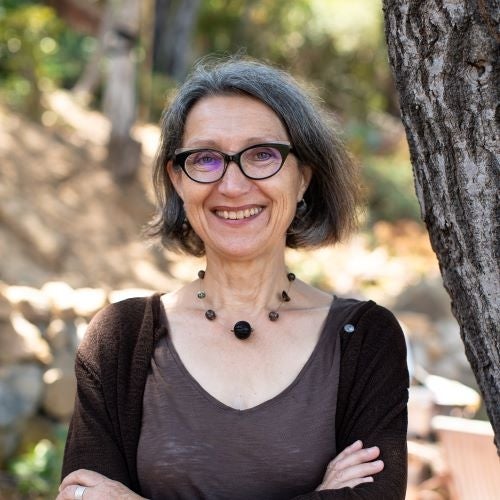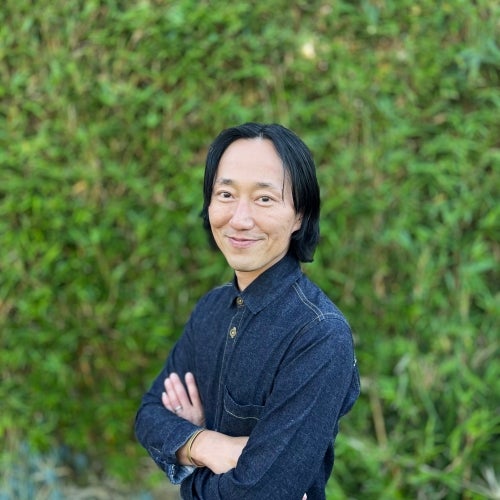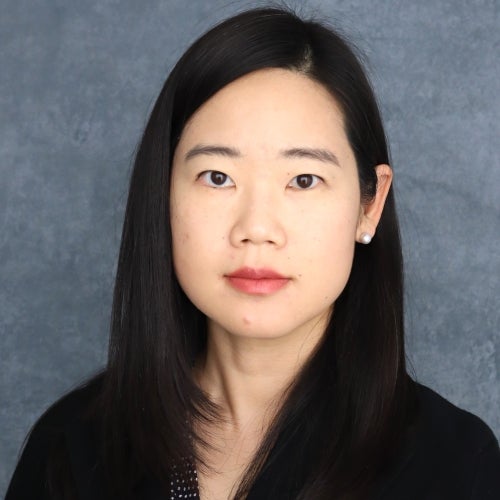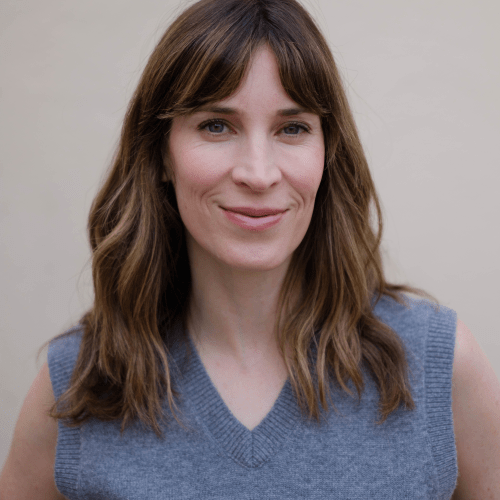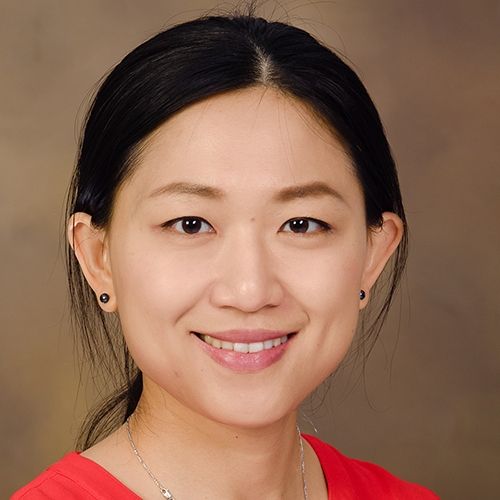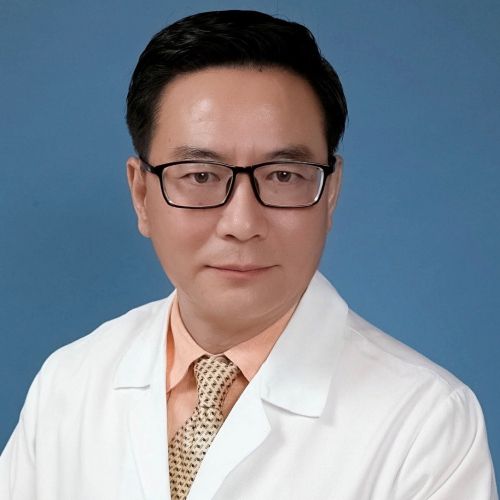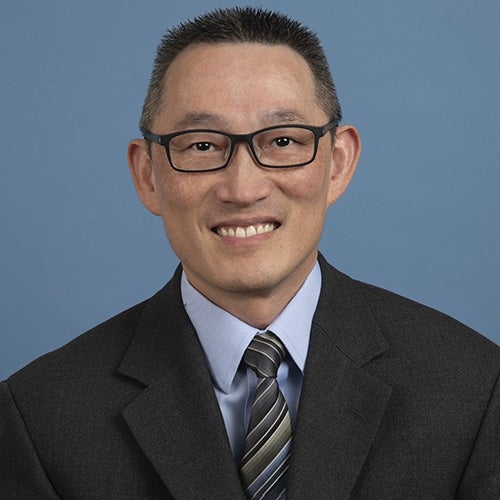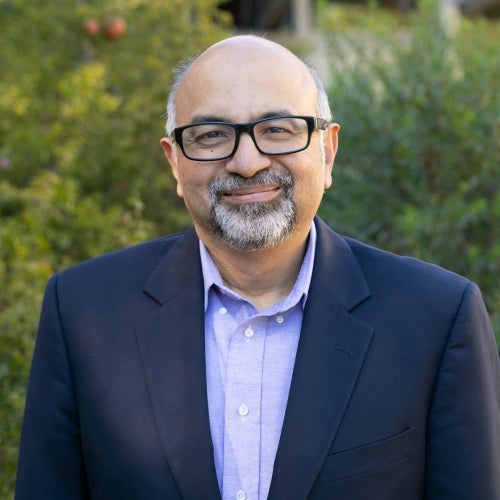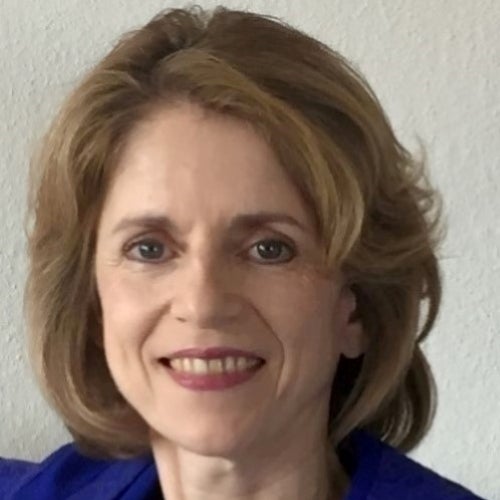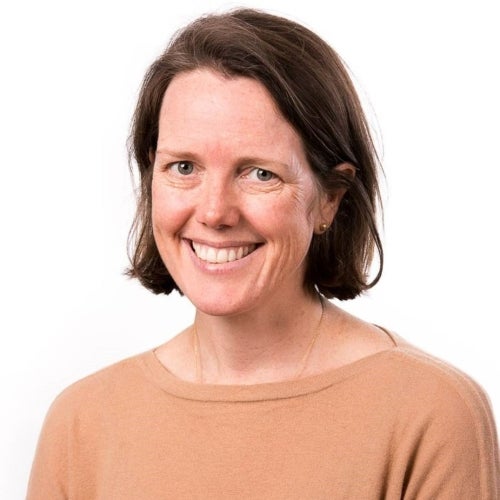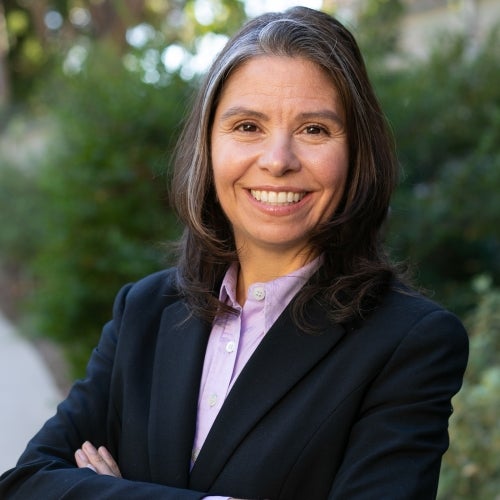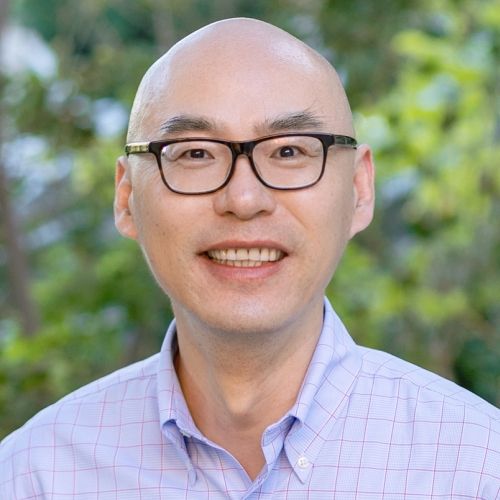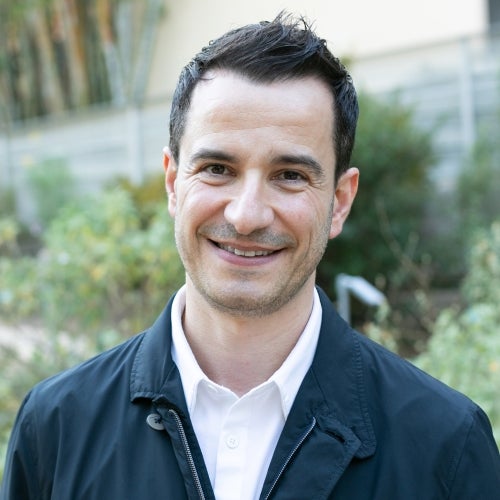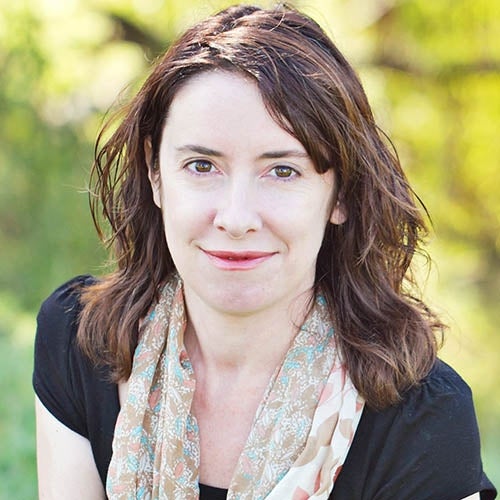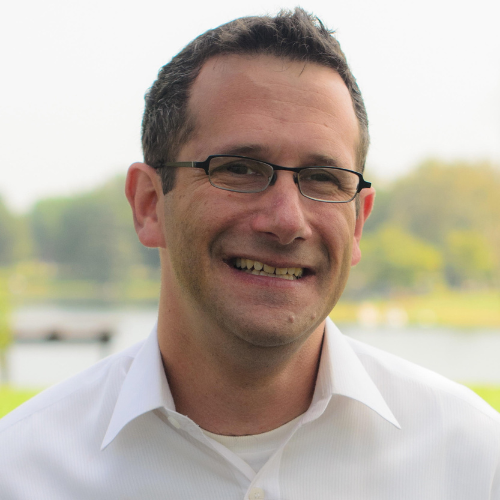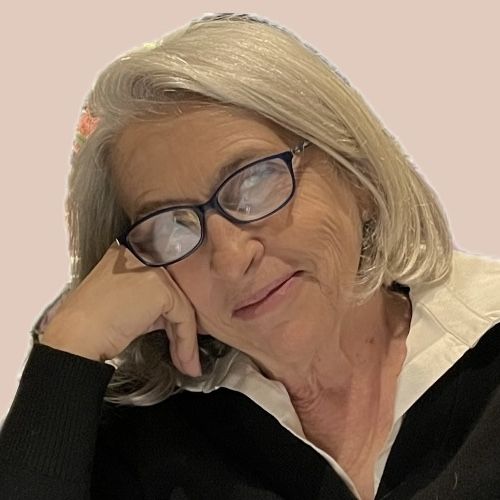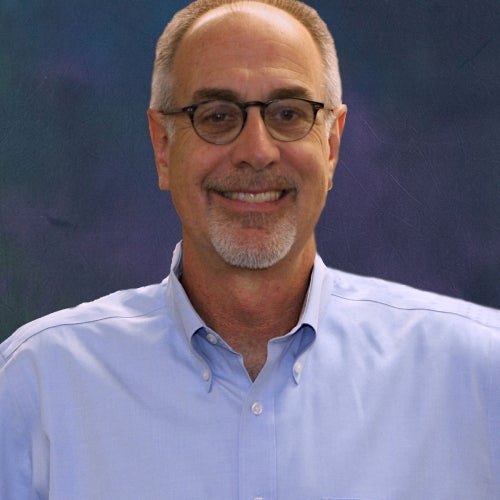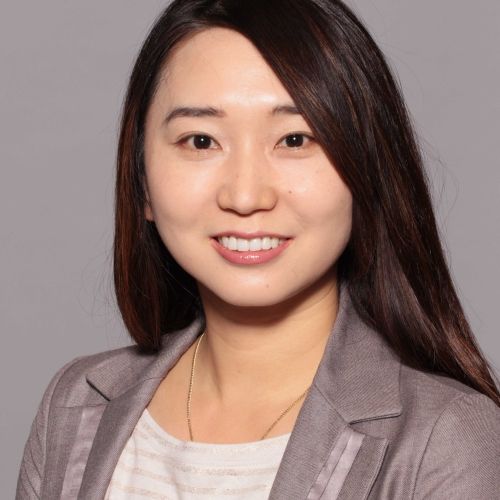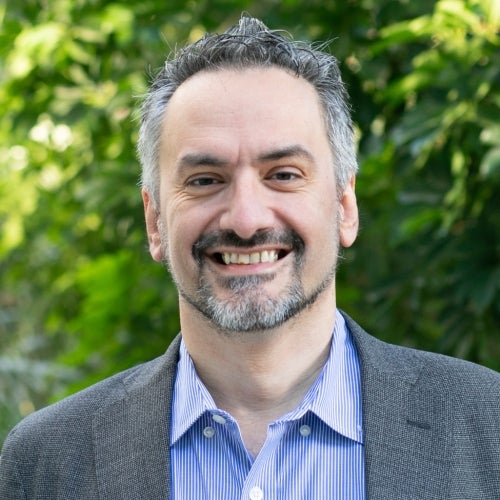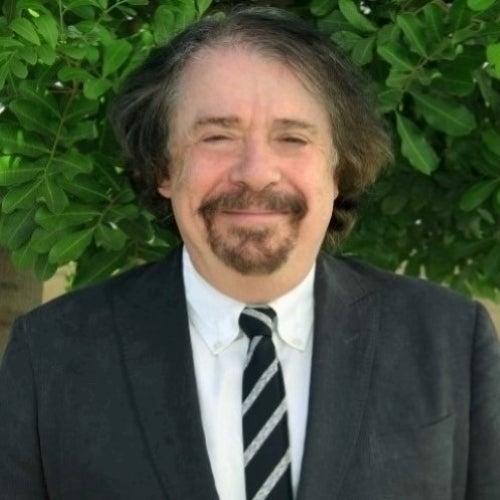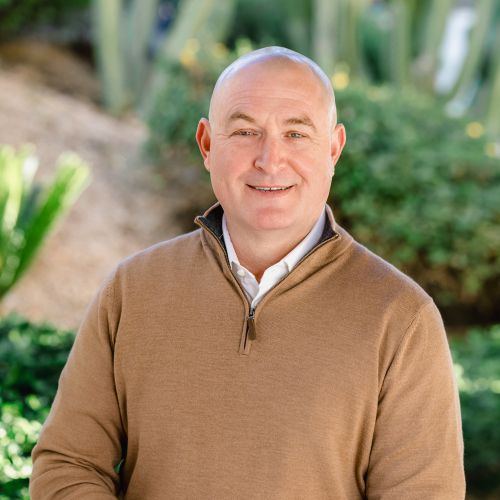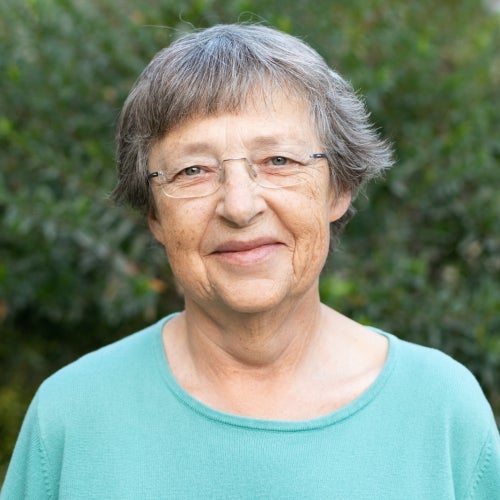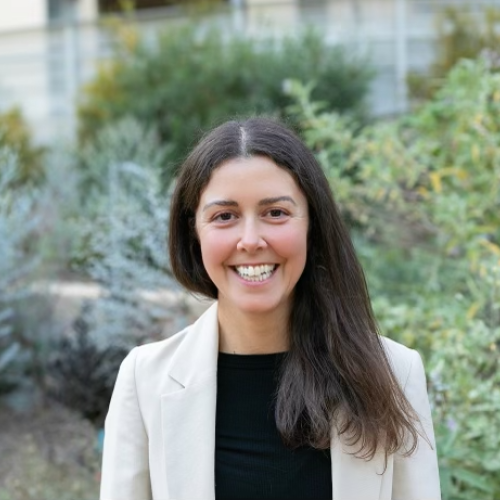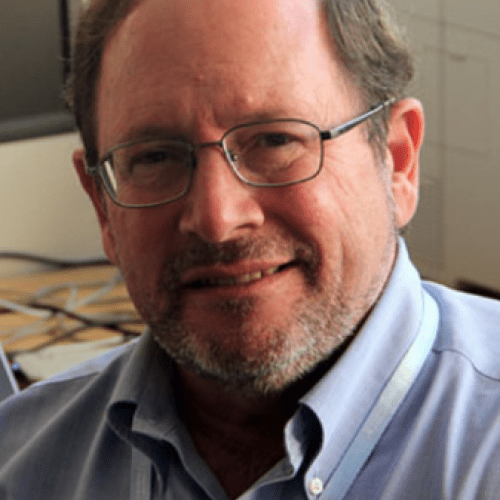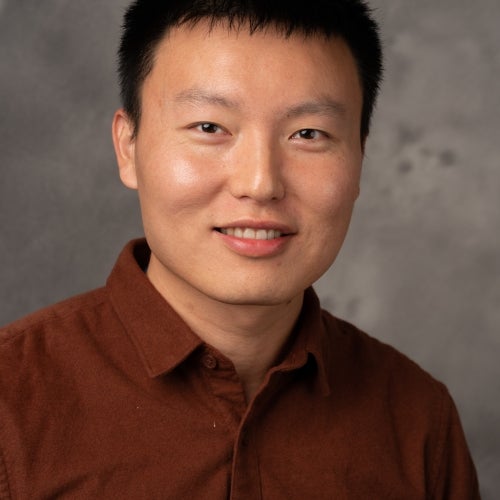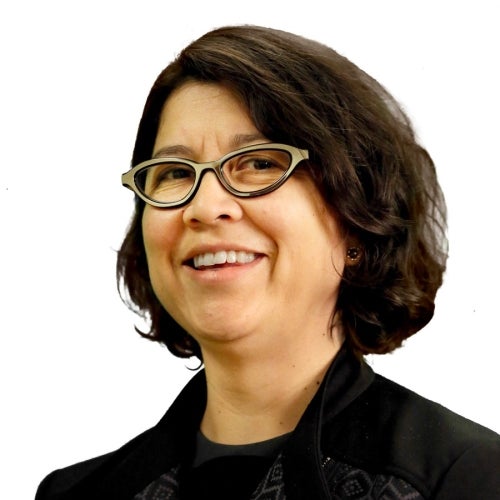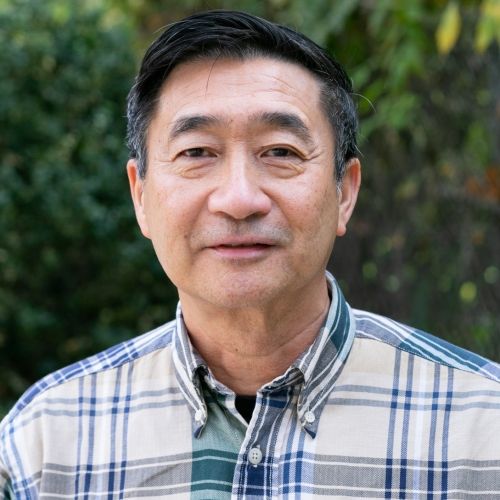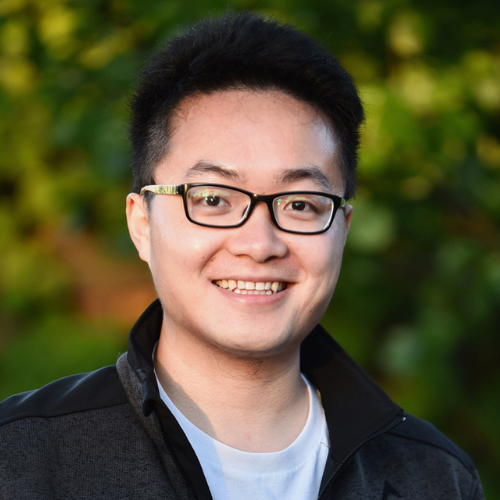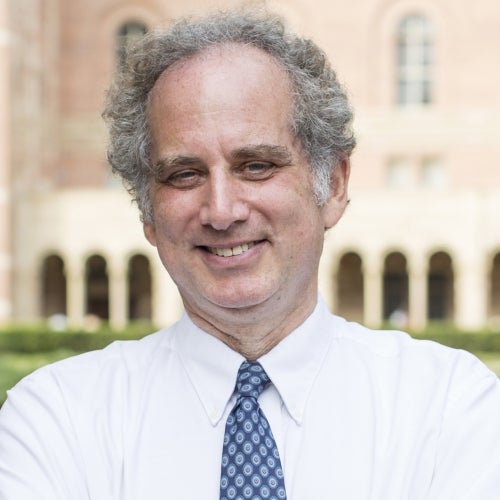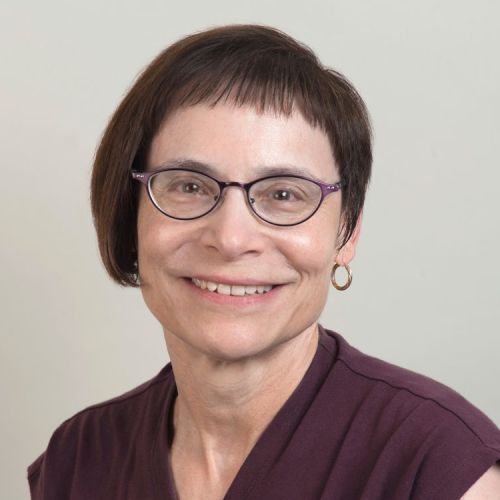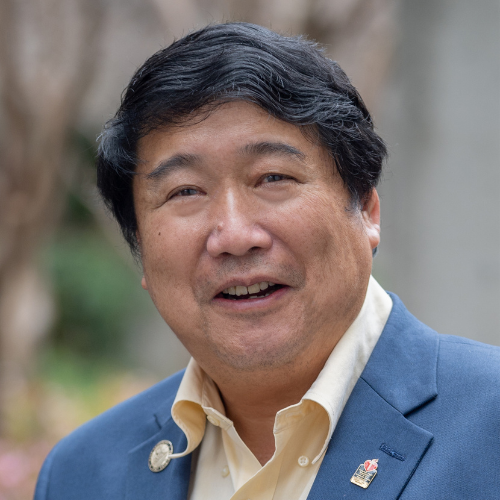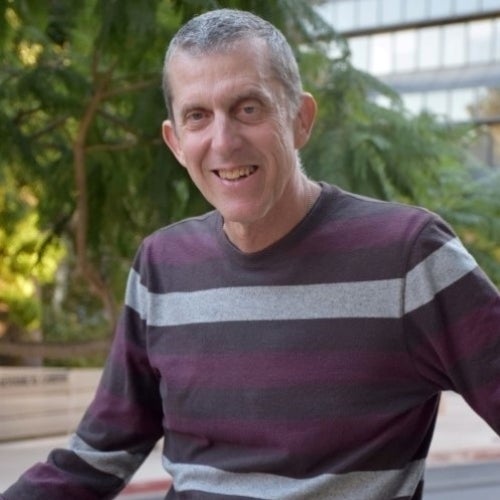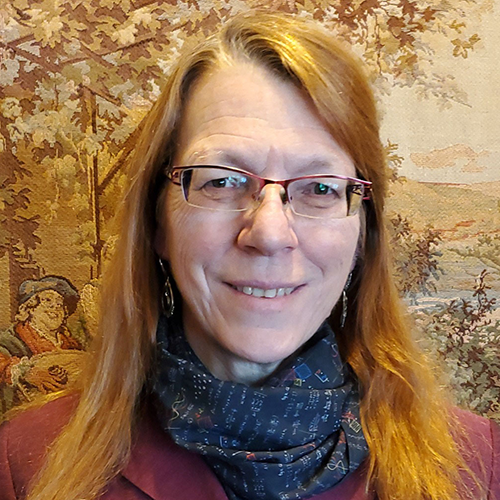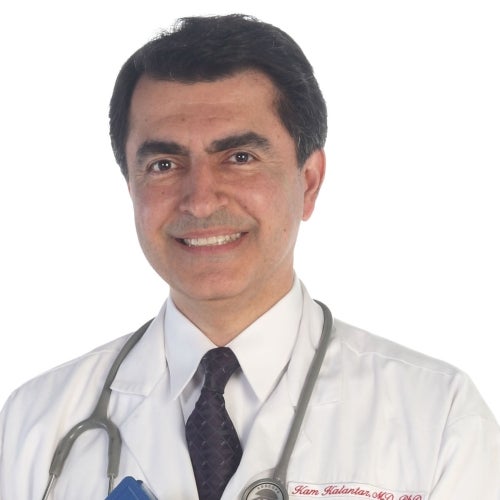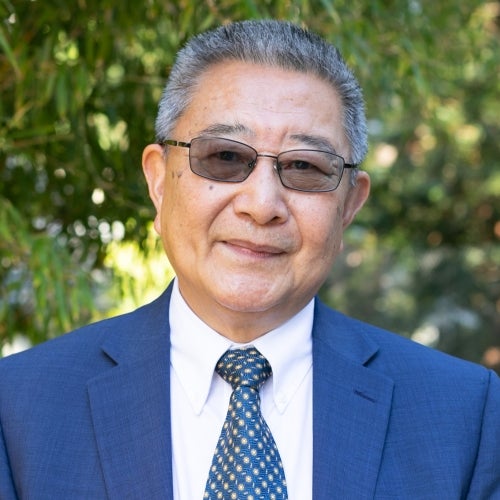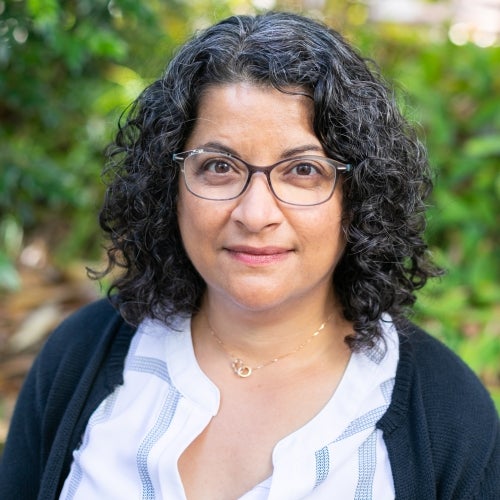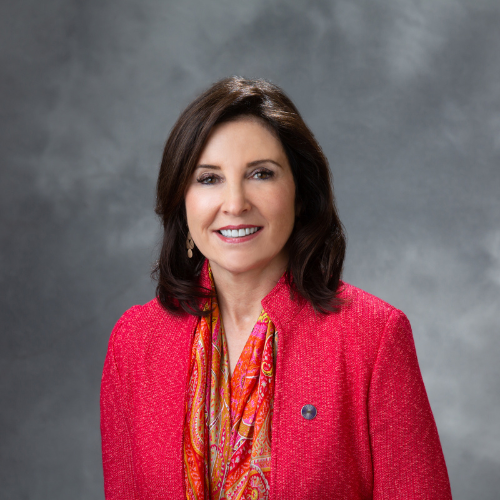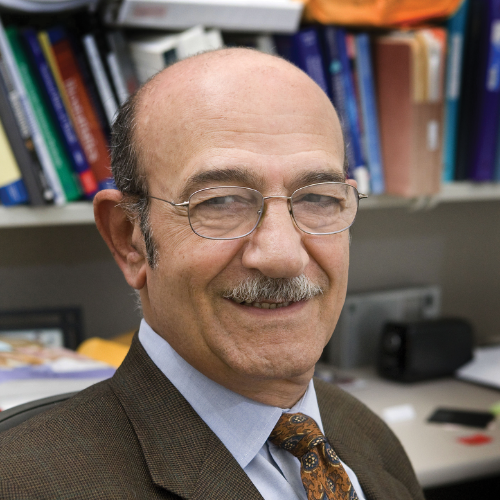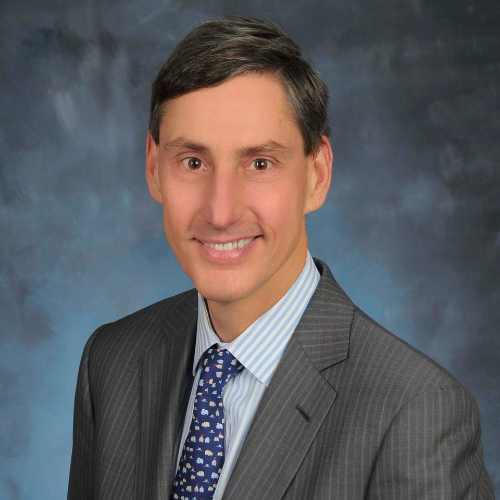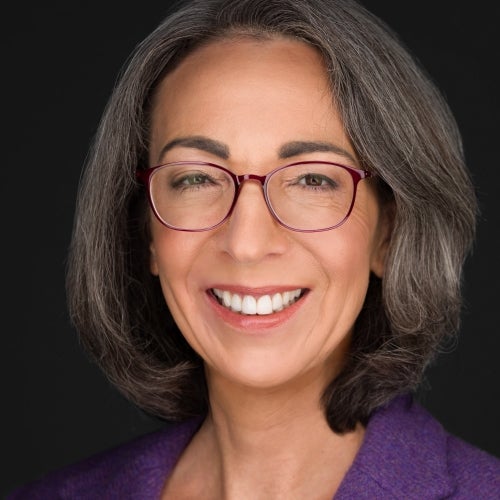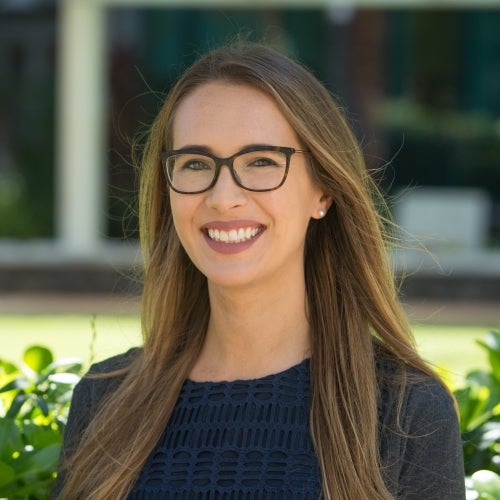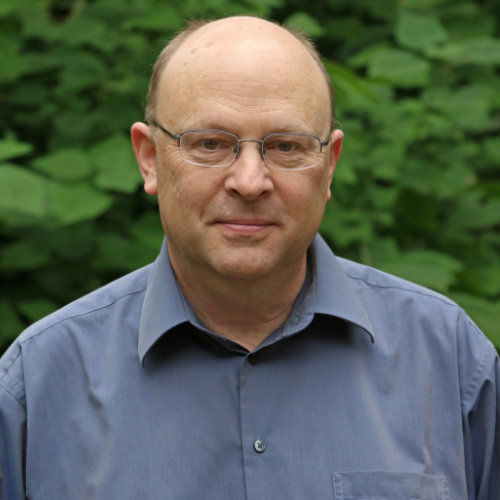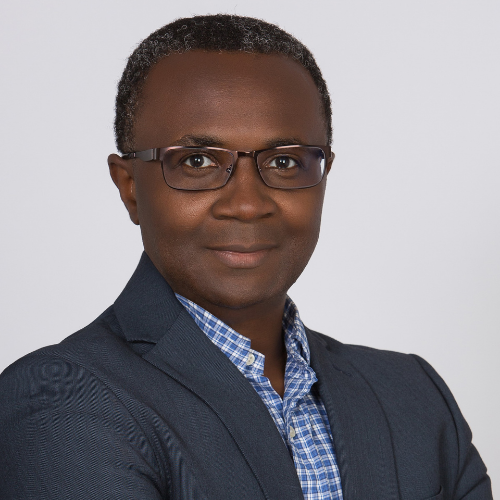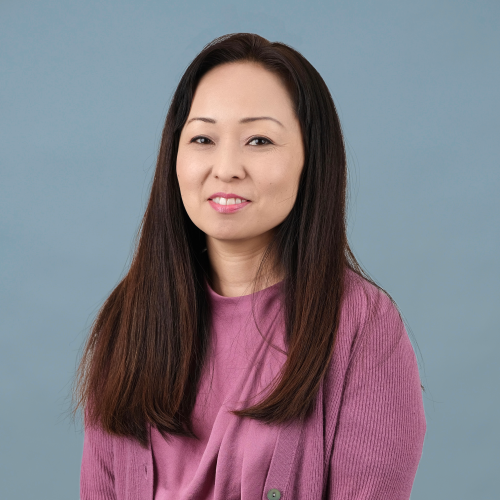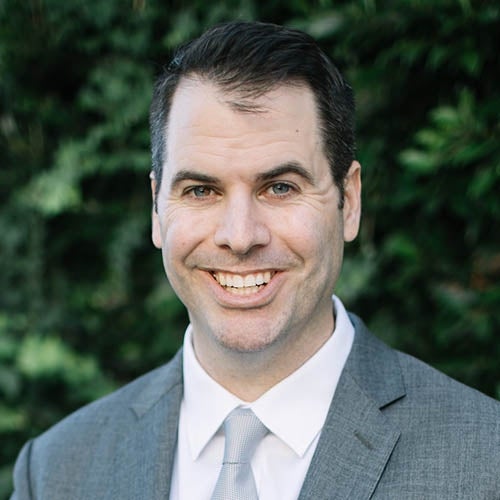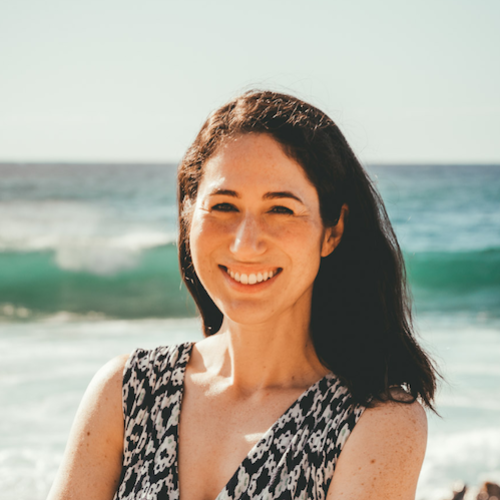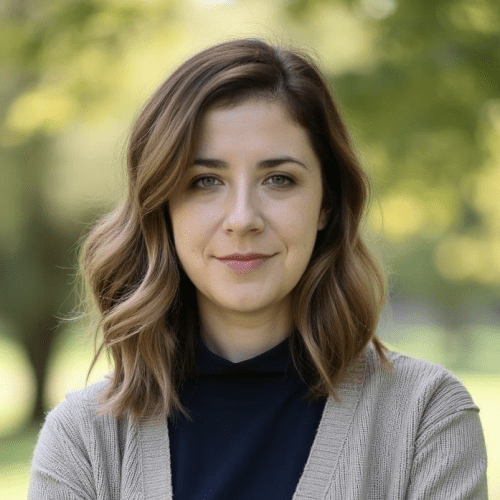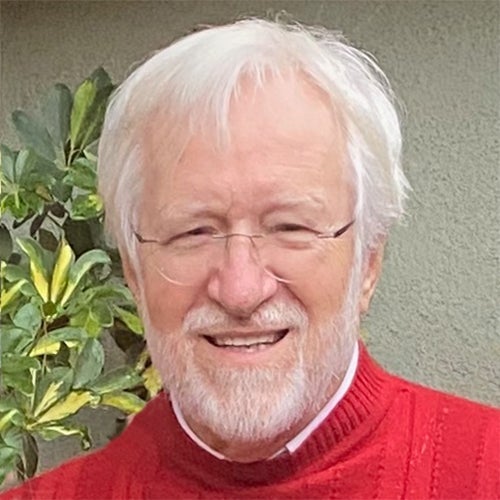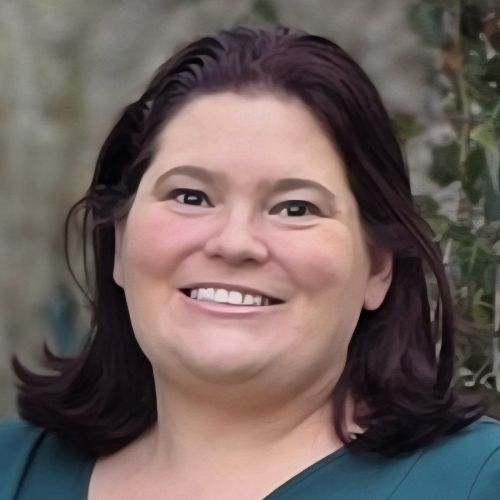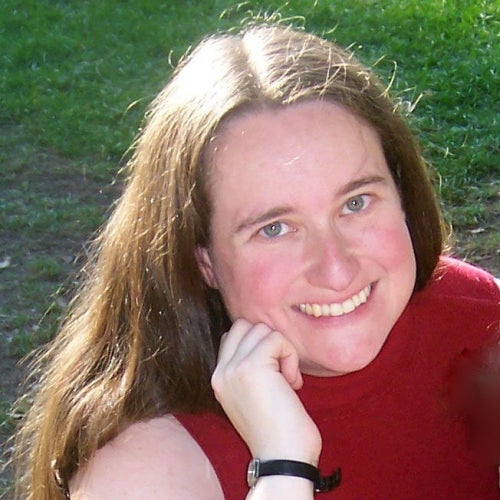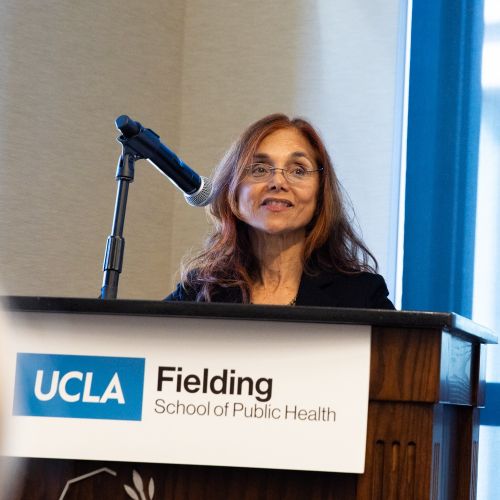Dr. Roger Detels presents “Recognizing Opportunities” at the 47th Lester Breslow Distinguished Lecture
UCLA FSPH distinguished research professor of epidemiology, Dr. Roger Detels, delivered the 47th Lester Breslow Distinguished Lecture.
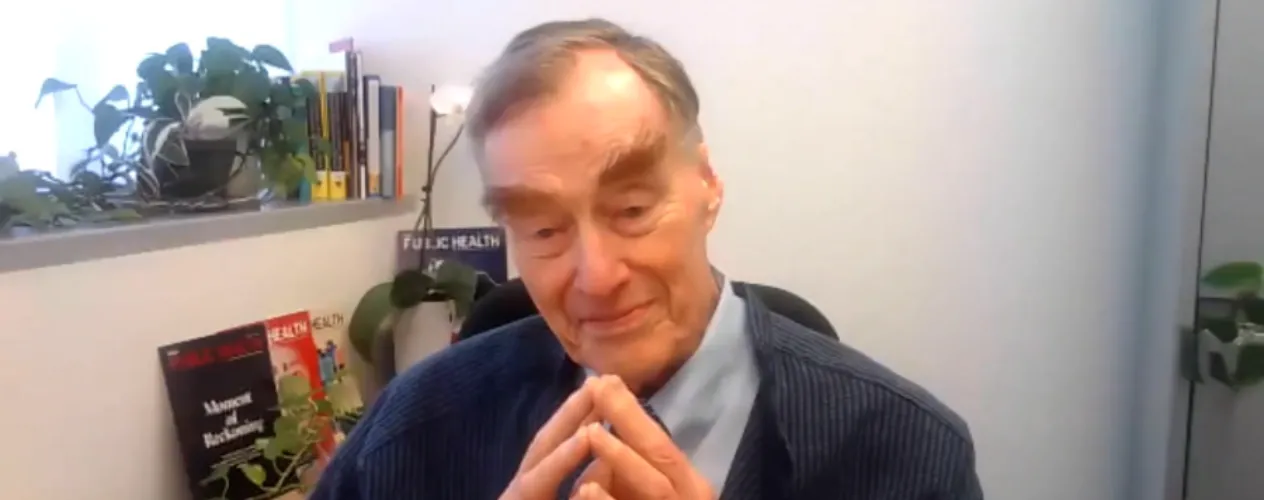
Over the course of five decades as an epidemiologist and infectious disease specialist, UCLA Fielding School of Public Health distinguished research professor Dr. Roger Detels has addressed numerous public health crises, from HIV/AIDS in the 1980s to COVID-19 today.
That career has led him to believe that the key to an effective career in public health is simply to recognize opportunities and – as Detels says – to “go for it.”
“One can think of recognizing opportunities with different applications, (including) opportunities to elucidate disease pathogenesis, to inform public health policy, to develop and implement evidence-based interventions,” said Detels, who delivered the 47th Lester Breslow Distinguished Lecture to a virtual audience of nearly 700 people from more than a dozen countries around the world. “And finally, to contribute to posterity, primarily through training.”
Detels has served as a faculty member at UCLA for more than 50 years, including leadership roles as chair of the Department of Epidemiology and dean of the UCLA Fielding School of Public Health (FSPH). His HIV/AIDS research began in 1981 when he initiated a study of AIDS in Los Angeles with men who have sex with men. In 1983 he became the principal investigator of the Los Angeles Center for the Multicenter AIDS Cohort Study (MACS), one of the largest studies of HIV/AIDS in the world.
“I first met Roger very early in my career, when the MACS study started,” said Dr. Ron Brookmeyer, dean and distinguished professor of biostatistics at the UCLA Fielding School of Public Health, who introduced Detels during the Feb. 9 lecture. “MACS contributed some of the earliest evidence about the route of infection for HIV infection, and Dr. Detels published a landmark study showing some men were resistant to HIV infection.”
Detels’ leadership of the FSPH-based UCLA/Fogarty AIDS International Training Program has included the training of more than 100 international health professionals, at the master's level and doctoral level, who have become public health leaders in their respective countries. In addition, Detels has conducted research on air pollution, multiple sclerosis and other neurologic diseases, hypertension, and several infectious diseases.
Those experiences have led him to share a simple truth with his students, he said.
“If you look at all public health interventions, there is a behavioral component,” Detels said. “You can make the best vaccines in the world, but if somebody won’t let you vaccinate them, it doesn’t matter.”
After delivering the lecture, Detels answered a series of questions from the members of the audience, including those in Asia, Europe, and South America; queries included his opinion of the lessons of the pandemic.
“We are currently actually suffering from two epidemics; the first epidemic, of course, is the COVID epidemic; (the) second epidemic is vaccine deniers, and it is the second epidemic that is in many respects the more serious epidemic,” Detels said. “The epidemic in the future is going to be driven by individuals who refused to be vaccinated, and they are going to determine, in point of fact, where we are going.”
The Lester Breslow Distinguished Lecture was established in honor of Dr. Lester Breslow, former dean (1972-80) and professor emeritus at the UCLA Fielding School; he also served as president of the American Public Health Association and director of the California Public Health Department. Devra Breslow, Dr. Breslow’s widow, continues to support the Breslow lecture series and the affiliated Lester Breslow Student Fellowship Fund; Ms. Breslow attended this year’s virtual event.
“His groundbreaking findings linked heathy habits with living a longer life … his work also provided the key data linking smoking and lung cancer; arguably one of the greatest achievements of public health to date,” Brookmeyer said. “Devra was very much a partner in Lester’s career, including his leadership here at the UCLA Fielding School. We are all incredibly grateful to Devra for her dedication, her commitment to our school, and to public health.”
The UCLA Fielding School of Public Health, founded in 1961, is dedicated to enhancing the public's health by conducting innovative research, training future leaders and health professionals from diverse backgrounds, translating research into policy and practice, and serving our local communities and the communities of the nation and the world. The school has 761 students from 26 nations engaged in carrying out the vision of building healthy futures in greater Los Angeles, California, the nation and the world.
Faculty Referenced by this Article
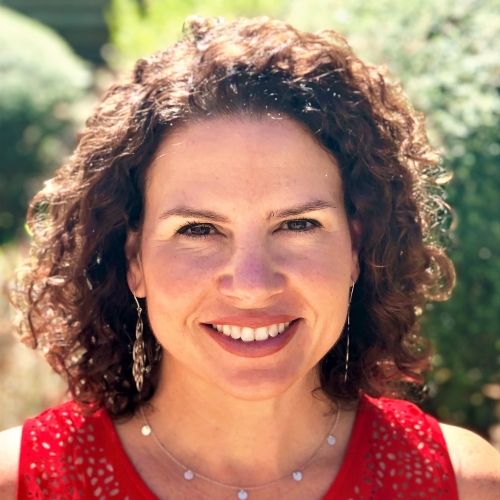
Dr. Joseph Davey is an infectious disease epidemiologist with over 20 years' experience leading research on HIV/STI services for women and children.

Robert J. Kim-Farley, MD, MPH, is a Professor-in-Residence with joint appointments in the Departments of Epidemiology and Community Health Sciences
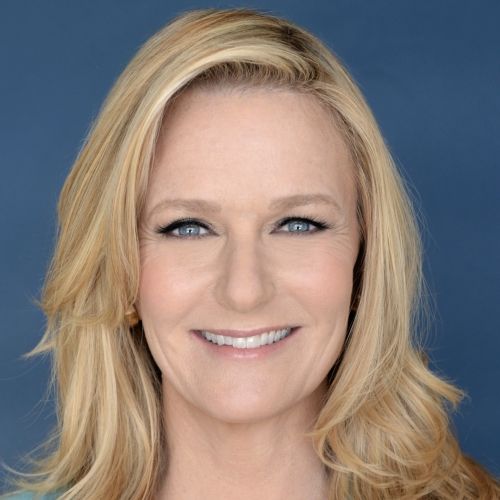
Dr. Anne Rimoin is a Professor of Epidemiology and holds the Gordon–Levin Endowed Chair in Infectious Diseases and Public Health.
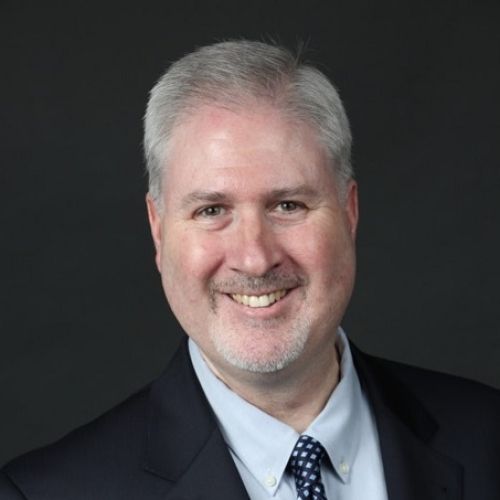
Automated and accessible artificial intelligence methods and software for biomedical data science.
